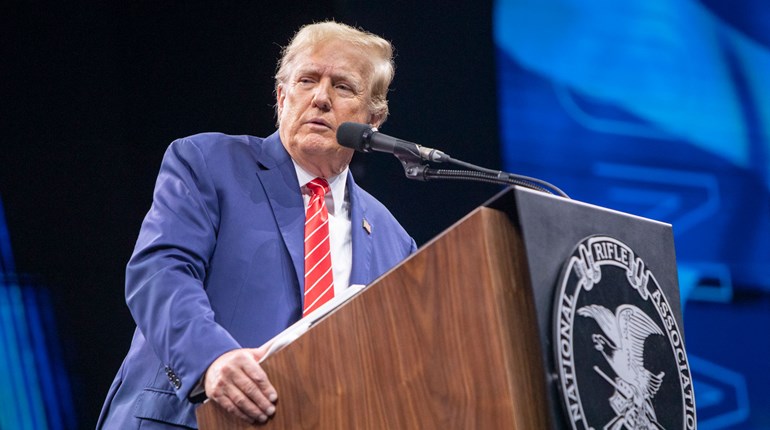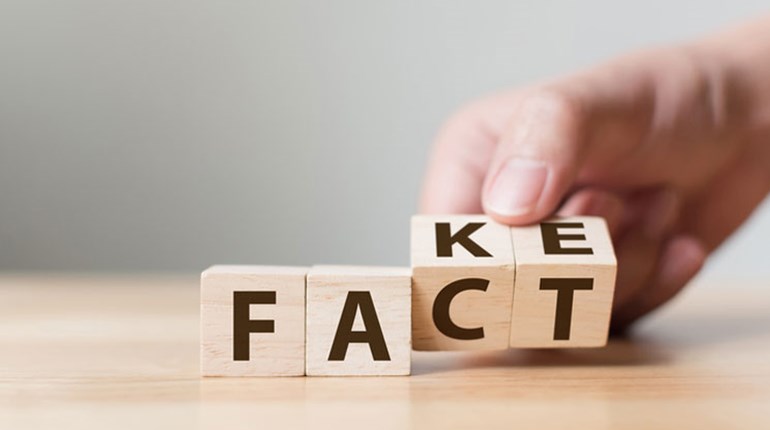
George Mason actually declined to sign the U.S. Constitution because the document didn’t then contain a bill of rights. Mason knew about enumerating rights; about the importance of securing freedoms from the imperious growth of government. He’d written the Virginia Declaration of Rights in 1776 amidst the fever for American liberty.
Mason’s Virginia Declaration of Rights was soon drawn upon by many states and, in 1789, by the first U.S. Congress as they drafted the U.S. Bills of Rights.
Thomas Jefferson even drew heavily on Mason’s writing as found in the Virginia Declaration of Rights—including fashioning the famous phrase “pursuit of happiness” from Mason’s “pursuing and obtaining happiness and safety”—when he wrote the Declaration of Independence, a document that was passed and first signed on July 4, 1776.
George Mason’s home in Virginia (“Gunston Hall”) is still open to the public and is not far from George Washington’s home (“Mount Vernon”). Both historic properties can easily be visited in one lovely summer day.
In fact, George Washington and George Mason, together, actually helped to choose the current site for the Pohick Episcopal Church, because they wanted a church that was within riding distance of both their homes.
The Pohick Episcopal Church is a brick Colonial-style building, finished in 1774, that still stands in Lorton, Virginia. Washington situated the church on a gently rolling hill because he liked the biblical image of a city set on a hill: “You are the light of the world. A city on a hill cannot be hidden. Neither do people light a lamp and put it under a bowl. Instead, they put it on its stand, and it gives light to everyone in the house. In the same way, let your light shine before men, that they may see your good deeds and praise your Father in heaven.”
I attended a July 4 service at Pohick Episcopal Church a decade ago. I was then visiting all of these historic places to get a feel for how it was when these men boldly signed their names to the Declaration of Independence, knowing full well that if England won the war, they’d be hung as traitors.
First, I found that the Pohick Church no longer confers the impression of being on a hill, as the growth of the federal government has sprawled through Northern Virginia’s pastures and crop fields, creating mazes of sub-developments and office complexes that hem in and overshadow this church. Meanwhile, the oaks and cedars surrounding the church have grown thick and tall for two centuries and more, as if in a conscious effort to blot out the changes occurring all around its peaceful property.
On Independence Day, Sunday July 4, 2010, the Pohick Church’s 8 a.m. service began with a deacon ringing bells, and the heels of parishioners stepping up stairs into the historic building. They passed through a doorway surrounded by carvings (mostly initials) left by occupying Union troops during the American Civil War; soldiers who’d used the church as barracks, and only refrained from tearing it down brick by brick to construct parapets—as they had other churches—because George Washington had helped found this particular church.
Prior to the American Civil War, the church had fallen on hard times and was only saved in the 1830s by Francis Scott Key, the author the Star-Spangled Banner, who came to the church’s financial assistance.
Inside, the church has box seating, as Episcopalian church’s historically separated their pews with short walls with wooden doors. George Washington’s box is front and center, with his name on a brass plaque in recognition of the money he’d spent to fund the church. George Mason’s family pew is just to Washington’s right. I sat there next to a woman named Grace, who joyously explained the service, and the room grew pregnant with the idea these two iconic men certainly didn’t bleed and suffer and pray within these walls for a Second Amendment that is a right in name only.
We sang the National Anthem—it being the Fourth of July—and while standing in George Mason’s pew I hoped, as he must have, that our freedom would continue to be resilient for generations to come.

































